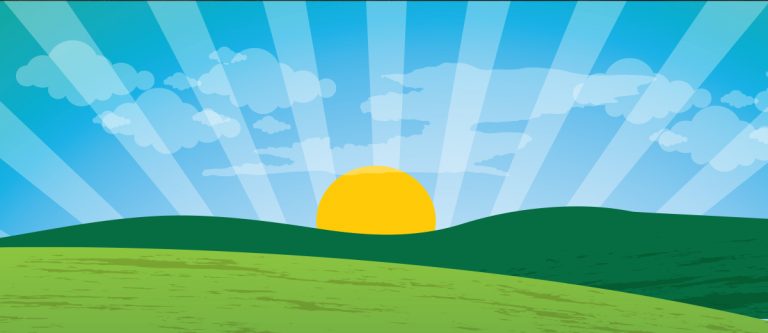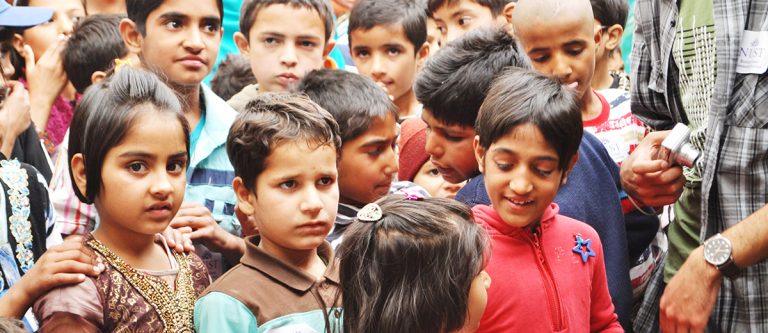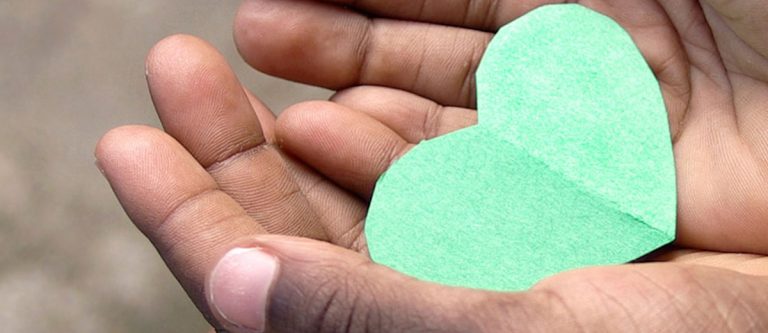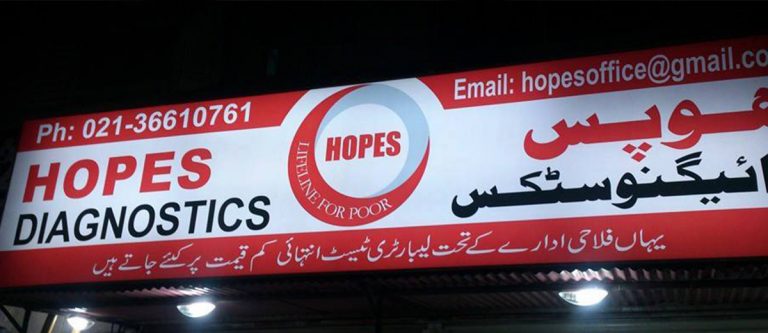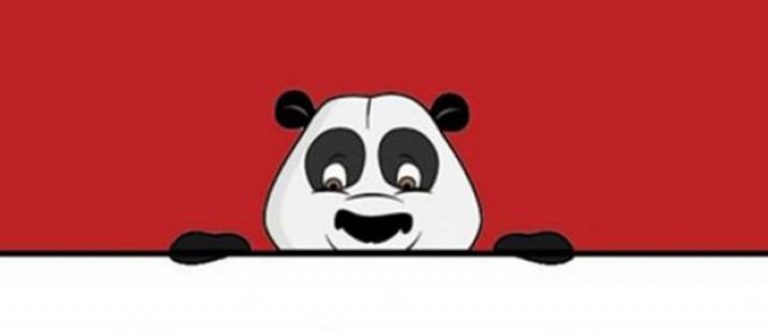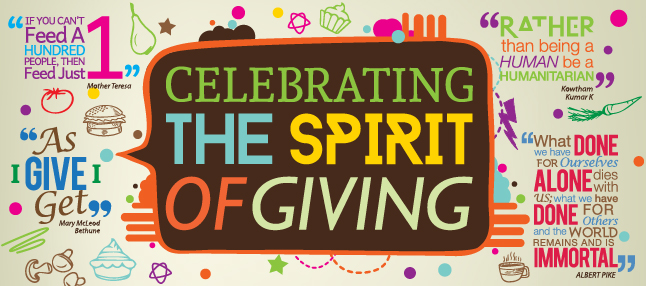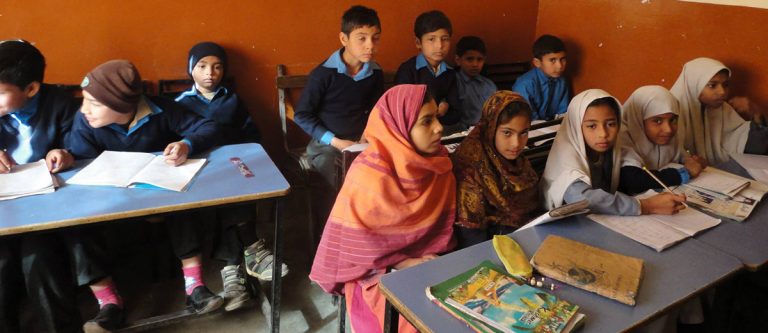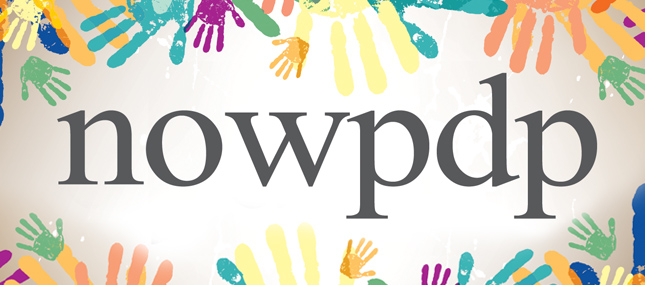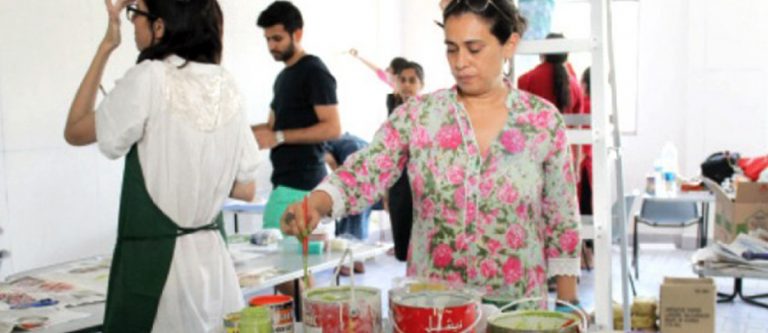By Yasir Masood Afaq
To understand the dynamics of human motivation, Maslow’s hierarchy of needs is one of the most cited academic references and very rightly so. While teaching Consumer Behavior to MBA students I tried to establish the sanity of this hierarchy by some local or at least global examples and upon my research, I realized that us, Pakistani consumers, have challenged the ‘order’ and ‘actionability’ of this hierarchy.
Despite an acute scarcity of the very basic resources, to stay satisfied on physiological or safety levels of needs, we have discovered to gratify ‘Esteem & Self-Actualization’ needs through acquisition of a branded self-image. Our sources of information and inspiration are following a speedy spiral growth giving rise to perceived ‘needs’ and turning them into inevitable ‘wants’. Their inevitability gets fortified by the endorsement of those celebrities whom we want to emulate while paying any opportunity cost. It shouldn’t take long to retrieve the memories of Neelam Ghar by Tariq Aziz which used to be a big hit in its time with fancy stalls and a generous dissemination of prizes to quiz winners. That was the first blend of infotainment whereby the info part was still predominant.
Looking at the current spate of shows, I must say the tainment part has entered in the show in a big way while the degree of generosity is sky high. It seems that the hosts just need an excuse – even a lousy one will do – to hand over a fabulous prize. The fact that viewers are facing power outages in the middle of the transmission and may do better with having their physiological needs satisfied through functional fans on a day with temperatures running up to 45 oC or heaters for winters running 2 oC temperatures seems of little significance. Living without these, how can I think of buying designer lawn or expensive herbal products for my desired glowing skin?
There can be two plausible reasons. Either I am being too much of a cynic and trying to overcomplicate a simple phenomenon of compartmentalization on the part of Pakistani consumers or Maslow’s Hierarchy of Need to define human motivation is obsolete now. After all, the contextual perspective of his theory was World War II and not a Brand Warfare happening in the 21st century. Currently we are living in a time when over 125 TV channels have attained licenses or landing rights in Pakistan, where morning shows have onscreen kitty parties and gorgeous hosts leave no stone unturned in apprising our SEC C&D intensive audience about the in’s & out’s of lifestyle. Imagine a situation in which the host invites a dermatologist and inquires about the eventual secret on earth to look 16 while touching 60. The journey of this discovery will start from domestic totkas to herbal treatment and eventually entering in the vicinity of branded skincare products.
Adding fuel to the fire, are shows that have set a trend for rapacity and it’s normal to see young men begging for cellular phone sets and being ridiculed, yet the element of despising the ridicule remains absent. Which brings me to the question; is the mindset amongst our economically challenged socio-economic groups such that people who desire material things like bikes or branded kurtas believe that they have a right to be mocked by those with the upper hand?
On one hand, youngsters are made to snatch mikes from each other while experiencing the height of consumerism and on the other, elderly fathers claim that their daughters are a charm of good luck as the number chosen by the little girl won the father a generator. Dignity has a new meaning fanning the consumerism spark to turn it in to a nationwide fire. The male head of the family dances on his two left feet to win a car and bring it back home for the entire family, at any cost.
Amongst the various genres available for TV viewership, ‘Drama’ is the clear winner for women in Pakistan. Although the typicality of the subjects discussed has hardly left any room for further critique, the interest these soaps generate, with women spending hours watching them, can’t be denied. As for the characters, be it Indian or Turkish serials, the ladies are always seen clad in the best costumes and cosmetics, their dazzling appearance never getting marred by the severity of any predicament they go through. The commercial breaks play the role of the last nail in the coffin of any reasonable balance between need and want. While teaching advertising to Masters’ students, I always put across this question to them: Have they ever seen their sisters or sisters-in-law cooking for the entire extended family and friends in heavily embroidered attires with no sweat on their foreheads, elated with the eternal bliss of frying in our glamorously advertised vanaspatis and cooking oils.
The following charts are taken from the syndicated study called BRANDpuls 2014 by Ipsos Pakistan highlighting the popularity of a number of genres amongst the male and female TV audience of Pakistan..
‘LIKE A LOT’: Response for various TV program genres across genders (Figures in percentages)
The data shows a very high inclination of women towards ‘Drama’, as discussed earlier while ‘Food’ and ‘Morning Shows’ have a high incidence of female viewership versus males. The study further analyzed the Values, Lifestyles and Attitudes (VALs) choices of women dividing them into various groups. Some of those results are given in the following data, which analyzes certain choices based on women who ‘Like Watching Morning Shows’ versus the total number of women covered in the research. The correlation shows that women who enjoy morning shows have a more image-conscious approach and consumer-centric approach versus the rest.
As a child, I waited to be taken to the parade on the Independence Day and watched TV and hummed patriotic songs the entire month of August, while my son had an endless longing to attend one of the game shows to win a motor bike. I admit times have changed but they should change for the better. While buying clothes for my pre-teen daughter, I inquired about the need to buy yards and yards of cloth that could be sufficient for the entire family’s clothes; in response to which I was directed towards dramas showcasing the most elaborate of dresses with trails of delicate cloth dragging behind. Hence, it should not be a shock to me that my little woman needed cloth material sufficient for a canopy.
What I am trying to say here is that these children need to know certain civic principles like due to the scarcity of water it is unethical to use a bath tub filled with gallons of water. They should learn to switch off the fan while leaving the room and instead of dreaming about going to America they should be taught about making Pakistan the state of their dreams, in which the media can play a huge part. Most programs aired on TV channels are devoid of any healthy message; rather it’s a war for ratings. Even the news channels generate news rather than reporting news. The overwhelming rat race is uncouth to the extent of being endlessly declared by every other news channel that they were the first ones to report any particular highly intense breaking news.
I may sound like a grouse but all I ask for is some change: I want those commercials to stop where everyone is dancing for a mobile, biscuit and even foam. I want morning shows with messages and dramas that are thought provoking and news that is news not a cock fight between two equally heavy weights and another on the phone line. We all need to put in our share of responsibility by not watching or not airing tempting, hollow and fruitless dreams.
Yasir is Associate Research Director at Ipsos Pakistan.
He can be contacted at yasir.afaq@ipsos.com
